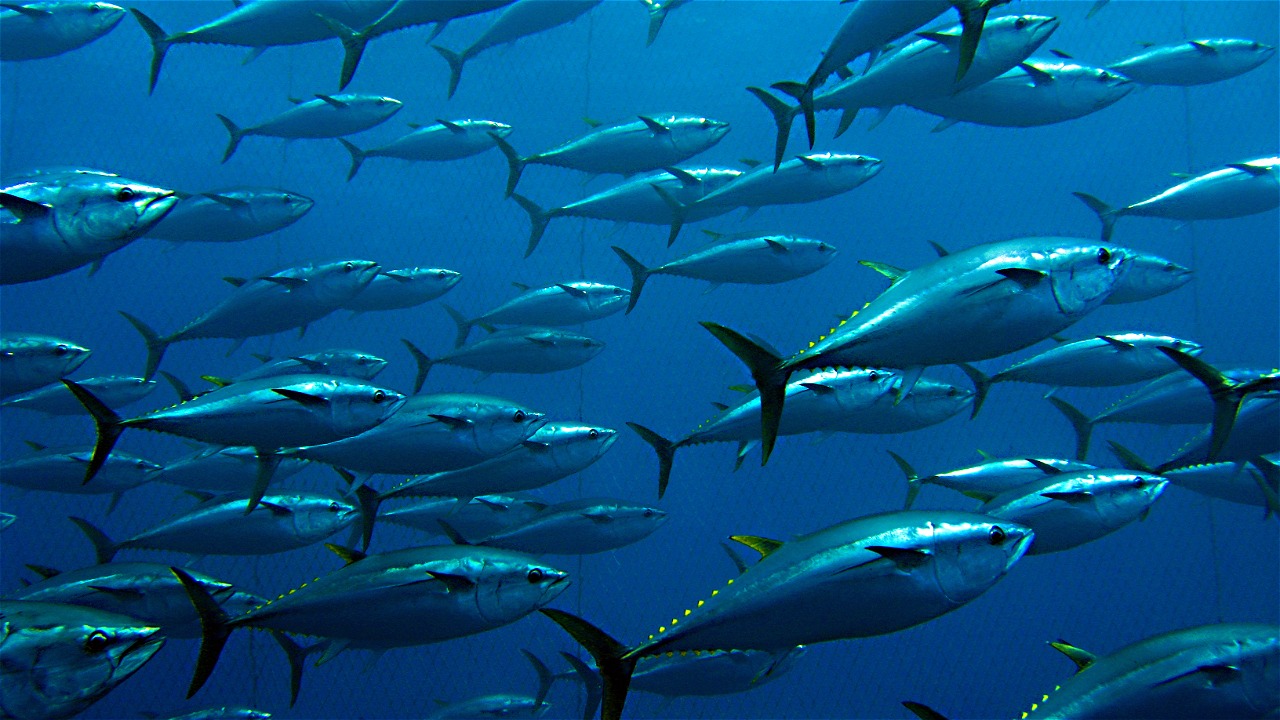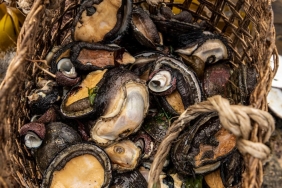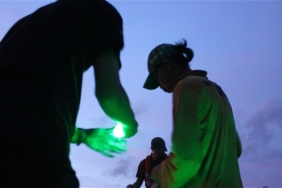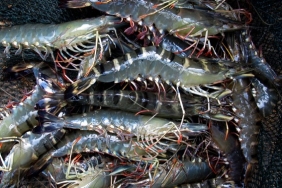UNDERSTAND BYCATCH, BETTER PROTECT MARINE ECOSYSTEMS
WWF-Indonesia has launched the Better Management Practices(BMP) which is a document developed by WWF-Indonesia's fisheries team to achieve a goal: responsible and sustainable fisheries. In the guide there is information and guidance on environmentally friendly fisheries practices by combining field experiences from various WWF-Indonesia work sites with supporting literature from experts in the field (see also "WWF-Indonesia publishes guidelines to realize sustainable national fisheries").
The BMP publications are for several types of fisheries, including: Tuna Fishery; Grouper and Snapper Fishery; Tiger Shrimp Farming With Feeding and Without Aeration; Tiger Shrimp Farming Without Feeding and Without Aeration; Grouper Fish Farming, Floating Net Cage System and Trolling: Tilapia Aquaculture, Floating Net Cage System; Preventing and Managing Tiger Shrimp in Traditional and Semi-Intensive Aquaculture; Eco-friendly Tuna Longline Operation, to Reduce By-Catch; and Turtle Handling as By-Catch in Tuna Longline and Trawl Fishing Gear. This document can be a reference for all actors in the fisheries world, from hobbyists to business people, from the government, practitioners, and the academic sector.
Following the launch of the BMP, WWF carried out several series of collaborations as an implementation effort, one of which can be read at "WWF: Traditional tiger shrimp farming can be environmentally friendly". Next, WWF conducted a training that focused on bycatch (bycatch). As we know that nowadays, fisheries activities are increasingly advanced, both in terms of fishing gear, fishing techniques and the types of vessels used. The fishing gear used today is generally very effective in catching as many fish as possible. Although on the one hand, quantity is a very good thing for fishermen, on the other hand, there are things that must be watched out for because most of the modern fishing gear today has low selectivity.
Low selectivity means that the gear has the potential to catch other species that are not the target of the catch. These non-target species are called bycatch. So why is bycatch a problem? A 2009 WWF-International study estimated the total bycatch of global fisheries to be 40.4%. Most of this figure is not optimally utilized, and most of it is even thrown away. In the current state of overfishing, bycatch is a waste of resources that can eventually lead to a decrease in fishermen's catches as well.
Bycatch also kills charismatic animals such as turtles, sharks, marine mammals (whales, dolphins, etc.), and seabirds. The interaction of these species is closely related to capture fisheries. Most of these species are currently experiencing drastic population declines due to their slow reproductive cycles. The role of these species in the marine ecosystem food chain is irreplaceable and the loss of any one species is a major threat to the overall ecosystem and the fishing industry in particular. The training initiated this time with BMPs for handling bycatch, especially sea turtles, in order to increase their survival rate when released again.
This series of training activities was conducted in eight locations including Ambon, Tarakan-East Kalimantan, Sungai Kakap, Setapuk Besar, Selakau, Pemangkat, Liku, and Temajuk-West Kalimantan. These areas were chosen because most of the fishers living in these areas fish in areas where species such as sea turtles, dolphins and sharks move, so bycatch is likely to be common.
The BMP bycatchsocialization and training activities started on 22 June in Ambon and ended on 4 July 2012 in Liku village, Paloh, West Kalimantan. From the 8 locations, a total of 343 fishermen (mostly net fishermen, longline fishermen, and longline fishermen), 52 non-fishermen participants (DKP and fishery port staff, Marine Police staff, Navy, local NGO staff, fishery business associations, and fishermen associations, and students) participated..
Contact:
Ahmad Hafizh, Bycatch Coordinator, Marine and Fisheries Program, WWF-Indonesia, ahafizh@wwf.or.id
Wahyu Teguh, Assistant Bycatch, wtperwira@gmail.com





